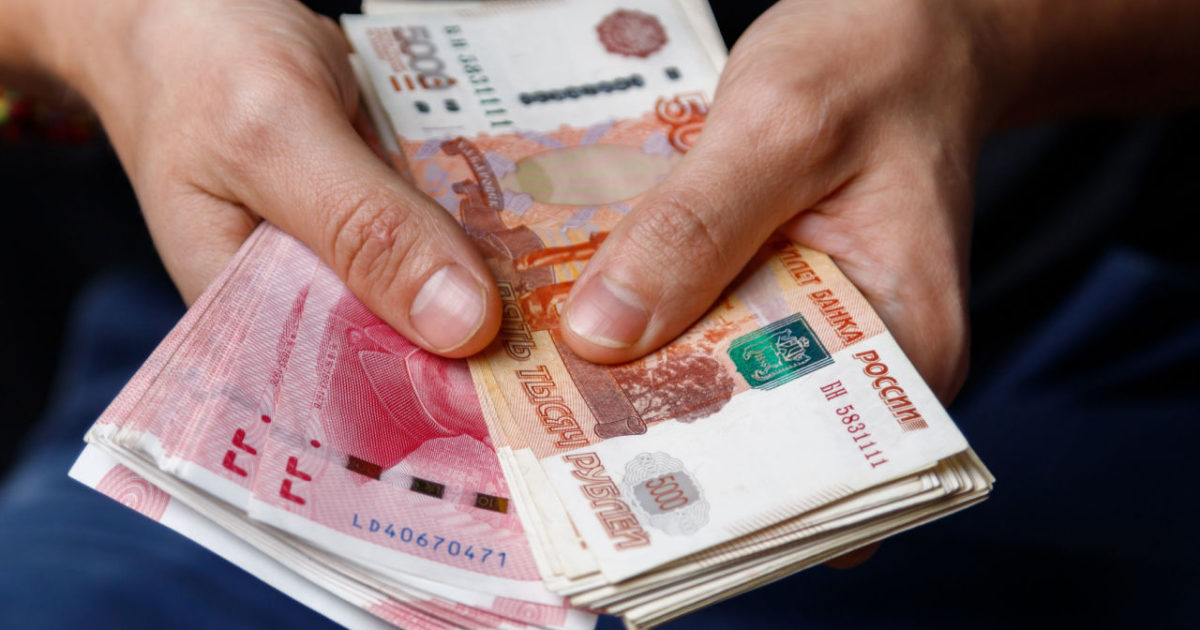A bank in Russia has issued the country’s first blockchain-based bank guarantee denominated in Chinese currency. The financial institution underscored the advantages of using a digital form of the document and pointed out that demand for yuan payments is growing.
MKB Employs Bank of Russia’s Masterchain to Issue Bank Guarantee in Yuan
Moscow Credit Bank (MKB) has issued what it described as Russia’s first digital bank guarantee for an amount exceeding 100 million Chinese yuan, using blockchain technology — the Masterchain platform developed by the Central Bank of Russia.
In a press release quoted by RBC Crypto, MKB explained that the guarantee is denominated in the currency to which the importer’s contracts are linked. In case of a payment under it, the supplier will receive Russian rubles at an exchange rate agreed upon by the parties.
The bank guarantee was agreed on by the three stakeholders: the principal, the guarantor bank, and the beneficiary. The touted advantage of using a digital document, which ostensibly cannot be forged or lost, is that the beneficiary doesn’t need to wait for the paper version or request a confirmation from the bank about the authenticity of the guarantee.
“This is the first digital bank guarantee in the market, which was issued in yuan, through the Masterchain system. Most foreign trade contracts are serviced in Chinese currency, and the demand for payments in yuan is only growing,” commented Natalya Bahova, director of MKB’s International and Structured Finance Department.
The executive added this is a “logical step” and that it’s likely to see more such examples in the future. “The decision will be especially relevant for large groups of companies which have many subsidiaries that accept bank guarantees in large quantities and on a regular basis,” Bahova elaborated.
Russian companies spend around 900 million rubles annually (almost $12 million) to verify the authenticity of bank guarantees, the report noted. And even then, about 0.5% of them eventually turn out to be fake. Related risks have been estimated at 75 billion rubles.
Amid sanctions imposed by the West over its invasion of Ukraine, Russia has been considering ways to reduce its dependence on the U.S. dollar and the traditional financial system, including the use of other fiat currencies, blockchain technologies, and crypto payments to circumvent the restrictions.
A law “On Digital Financial Assets” went into force in January, 2021, and over the past year officials in Moscow have been working to expand the regulatory framework to cover decentralized cryptocurrencies like bitcoin and the like.
In early December, a company licensed by the Bank of Russia announced the country’s first authorized digital asset transaction involving a foreign currency, China’s yuan. The two countries have also been developing digital versions of their fiat currencies.
Do you think there will be more use cases involving crypto technologies and alternative currencies in Russia? Share your thoughts on the subject in the comments section below.
Image Credits: Shutterstock, Pixabay, Wiki Commons
Disclaimer: This article is for informational purposes only. It is not a direct offer or solicitation of an offer to buy or sell, or a recommendation or endorsement of any products, services, or companies. Bitcoin.com does not provide investment, tax, legal, or accounting advice. Neither the company nor the author is responsible, directly or indirectly, for any damage or loss caused or alleged to be caused by or in connection with the use of or reliance on any content, goods or services mentioned in this article.




